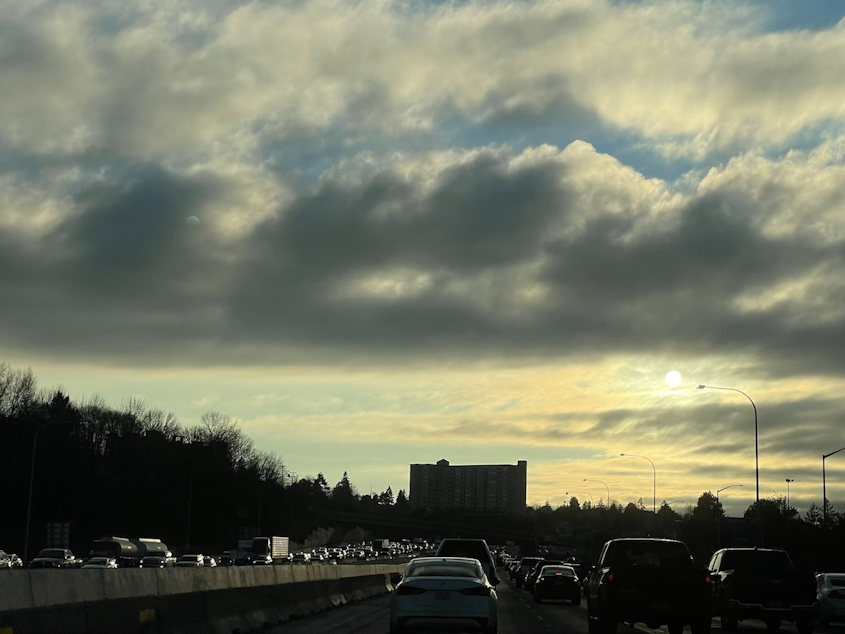California bans new gas cars by 2035. Northwest states to follow

The California Air Resources Board voted Thursday to ban the sale of gasoline-powered cars by the year 2035. The move is expected to trigger big changes in the Northwest and beyond.
While the new rules don’t affect cars and trucks that are already on the road, the end is in sight for the sale of gasoline-powered cars up and down the West Coast.
Washington Gov. Jay Inslee says his state will adopt the California rules by the end of the year. Washington Department of Ecology officials say they will begin the process in September.
Inslee advisor Anna Lising said the state will still pursue its more-ambitious but nonbinding goal of ending gasoline car sales by 2030.
“It’s the law,” she said.
Oregon officials say they’re also following California’s lead to start turning away from the internal combustion engine.
Sponsored
California has mandated a steep increase in sales of zero-emission vehicles, such as electric and fuel-cell cars, starting in just four years.
- 35% by 2026
- 68% by 2030
- 100% by 2035
A limited number of plug-in hybrids, which can run on electricity or gasoline, would still be allowed on the market.
"The combustion engine has endured for a hundred years, right? But like the way of the steam engine, it’s time for it to phase out," California Air Resources Board member Davina Hurt said before the vote. "It’s necessary, and it’s the technological advancement I think we all want to see for a better world."
Across the country, 15 states (including California) follow California’s policies on zero-emission vehicles. Those states account for about a third of all car sales nationwide.
Sponsored
Environmentalists and some automakers welcomed the change, while oil-industry officials said requiring electric vehicle sales to more than double in three years would be costly.
“There is no plan to make that happen,” Catherine Reheis-Boyd with the Western States Petroleum Association said by email. “We only have 11% of the needed charging infrastructure for this plan and taxpayers will be paying billions rushing to add new chargers while trying to keep the lights on.”
Gasoline-powered motor vehicles are America’s biggest source of climate-harming pollution.




